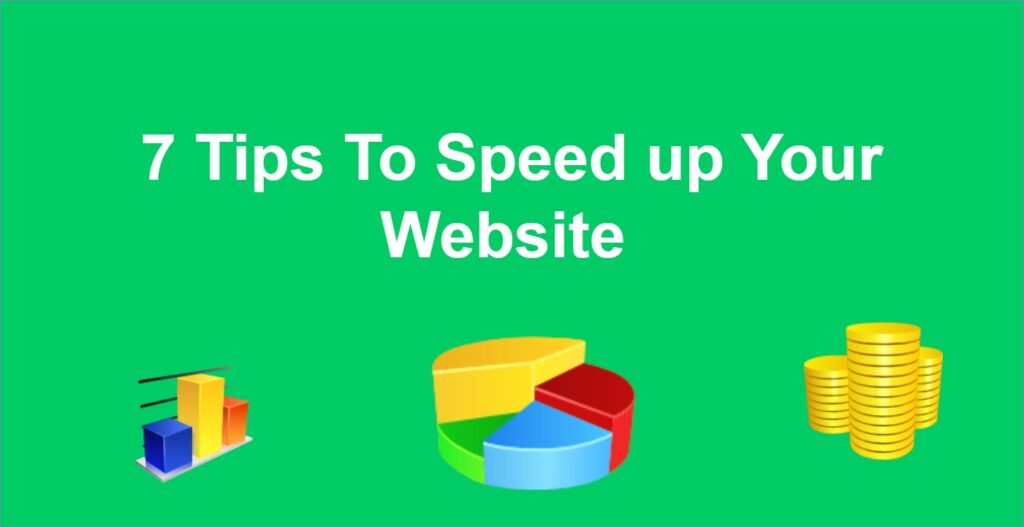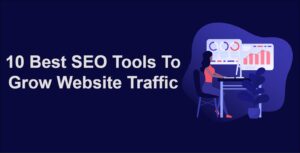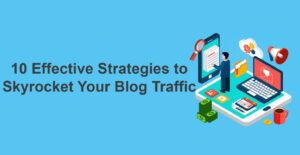In a world where users expect websites to load within seconds, slow load times can drive visitors away and negatively impact your search engine ranking. A fast-loading website not only improves user experience but also boosts SEO and conversion rates. So, how can you ensure your website loads quickly? This post will guide you through 7 proven tips to speed up website load time and optimize it for better performance.
A fast loading website could be better for the end user and search engine optimization. it can increase your website rank in search engine results.
Why Website Speed Matters
Website load time refers to the amount of time it takes for a web page to display its content fully. A faster website creates a better user experience, reduces bounce rates, and can lead to higher conversions. Moreover, Google considers page speed as a ranking factor, meaning that faster websites tend to rank higher in search results.
Impact of Website Slow Load Times
Website load times significantly affect user experience, conversion rates, and overall business performance. Here’s a detailed look at the consequences of slow-loading websites based on recent findings.
User Experience
- Abandonment Rates: Research indicates that if a website takes more than 3 seconds to load, over 40% of users will abandon it. This impatience can lead to a poor first impression, causing users to perceive the business as unprofessional or outdated
- Frustration and Engagement: A delay of just 1 second can result in a 7% reduction in conversions. Users expect fast-loading pages, and any lag can lead to frustration, reducing engagement and increasing bounce rates
Conversion Rates
- Sales Impact: For e-commerce sites, slow load times can be particularly detrimental. For instance, Amazon reported that a mere 1-second delay could cost them approximately $1.6 billion in sales annually. This highlights the critical need for speed in retaining potential customers
- Customer Satisfaction: A study revealed that a 1-second delay in page load time correlates with an 11% drop in page views and a 16% decrease in customer satisfaction
. This dissatisfaction can lead to negative word-of-mouth and reduced customer loyalty.
Search Engine Rankings
- SEO Implications: Search engines like Google consider page speed as a ranking factor. Slow websites not only rank lower but also experience decreased organic traffic due to poor visibility on search engine results pages (SERPs)
. A slow-loading site can diminish the effectiveness of even the best SEO strategies.
Revenue Loss
- Ad Revenue Impact: Websites that rely on advertising for revenue can suffer from lower ad impressions due to high bounce rates caused by slow loading times. Fewer impressions translate directly into decreased ad revenue
- Missed Opportunities: Slow load times can hinder time-sensitive promotions or flash sales, causing potential customers to miss out on offers and negatively impacting sales figures.
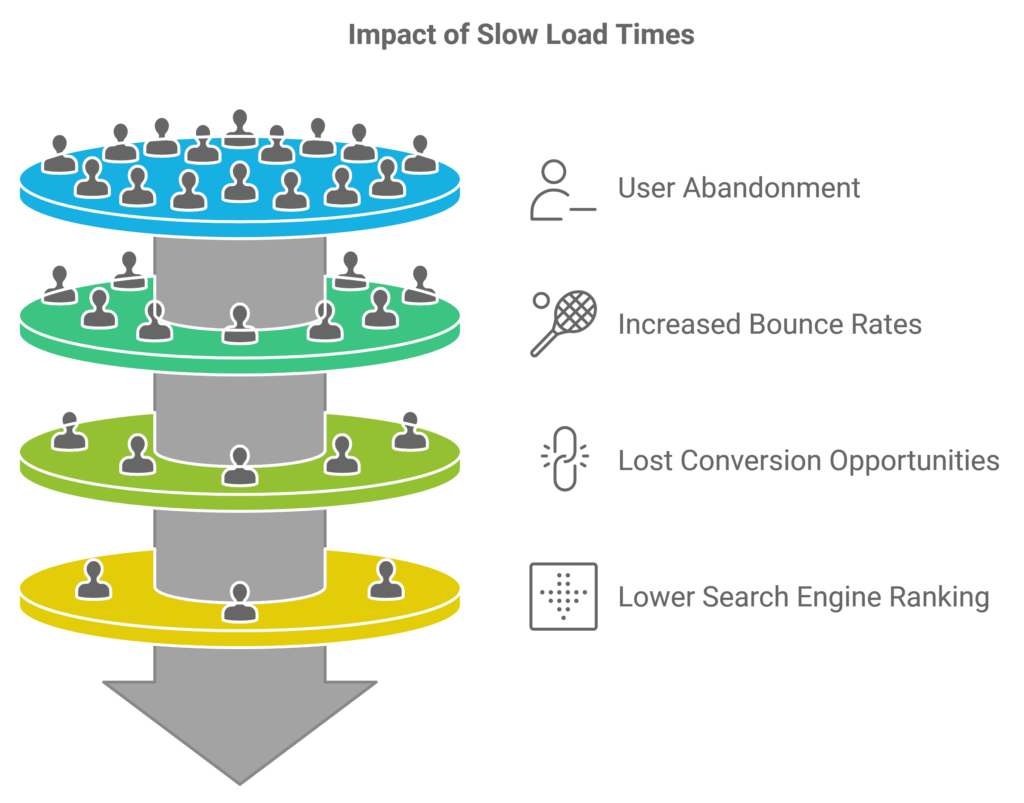
Reasons for Slow Load Times
Several factors contribute to slow website loading speeds:
- Unoptimized Images: Large images can significantly increase load times if not properly optimized for the web.
- Excessive HTTP Requests: Each element on a webpage (images, scripts, stylesheets) requires an HTTP request. Too many requests can slow down loading times.
- Poor Hosting Solutions: Shared hosting may not provide the necessary speed and reliability needed for optimal performance.
- Unclean Code: Bloated or poorly structured code can increase file sizes and loading times.
- Too Many Ads: Excessive advertisements can clutter pages and slow down load speeds.
- Lack of Caching and CDNs: Not utilizing browser caching or Content Delivery Networks (CDNs) can lead to slower load times as users have to download all assets each time they visit
There are many ways to improve the speed of the website. Some of the ways to improve speed are the following.
1. Upgrade your Hosting Plan
This is the simple and best way to increase the speed of the website. Most of the website users, in the beginning, go for shared hosting which has limited and less storage. On the run while increase in the content and growth in usage, the sites get slower.
Shared hosting server has connected to many sites which make the website load slowly as it is shared by more number of websites for a single server.
Dedicated hosting provides a dedicated server for your website. it allows you to have complete control on the server and will be able to use remote desktop functions to log in. Choose the best hosting server from top hosting providing websites. Research about the hosting provider and enquire about the hosting options, hardware acceleration, and the connections they have.
Best hosting can instantly boost up the website and increase the speed of loading.
2. Optimize and reduce size of images
Images contain extra comments and lot of colors, reducing the size of images to a minimum helps to load fast for slower connections. Images in the content make a huge difference to the speed of the site. Reduce the usage of images on the website wherever it feels unnecessary.
Besides reducing the usage we can optimize the images decreasing their size.
- Decrease Resolution for reducing the size of the image.
- We can increase the efficiency of storage by compressing the images.
- Crop the picture for removing unwanted areas on the image.
- Convert JPEG to PNG for decreasing size.
Use SEO plugin named WP Smush for automatically removing hidden content in the images. It scans the images when we upload to WordPress and optimize those images by removing the unneeded content in the images.
3. Enable Gzip compression
We might be seen compressing files on our system. Compressing files reduce the size of the file to a very low size. 50 Mb file can be compressed to 5 MB. Gzip compressor works in the same way but it works for the websites.
Gzip automatically compresses the files on our web sites and reduces the size of the files on the website leading to the fast loading of the website.
4. Move javascript and CSS to external files
Moving javaScript and CSS code to an external file will make the page load faster by making the HTML file smaller. External Javascript and CSS code will be downloaded to the client cache once, so on subsequent request, the browser does not to download files again making the website load faster.
5. Regularly optimize Database
Most of the people ignore this step but it is very effective in making the website loading speed. It is very effective if we use WordPress or any other CMS that rely on database storage.
Some CMS’s and Plugins you install rely on database storage, which increases the data stored in your database, gradually slowing down the loading speed. Plugins that save logs, statistics and user data. It also applies if you use WordPress and enable post revisions, pingbacks, and trackbacks.
You can make much of your website by regularly cleaning up the database. We can use a plugin named WP-Optimize for automatically cleaning the database.
6. Use a Content Delivery Network (CDN)
A Content Delivery Network (CDN) is a network of servers located across different regions. CDNs cache your website content and serve it to users from the server closest to them, reducing load times. Benefits of using a CDN include:
- Faster content delivery: Users receive data from the nearest server, reducing latency.
- Reduced server load: CDNs offload traffic from your main server, improving its performance.
- Improved scalability: CDNs make it easier to handle traffic spikes.
External Linking Opportunity: Link to a reputable source on “What is a CDN and How Does It Work?” to provide in-depth information.
7. Remove unnecessary Plugins and Add-ons
Go to your site and delete any plugins and add-ons that are not necessary using. Though it’s going to cost a lot to hire a Web developer, it’s better to go for a professional than losing customers because of a page that’s lacking in terms of design and performance.
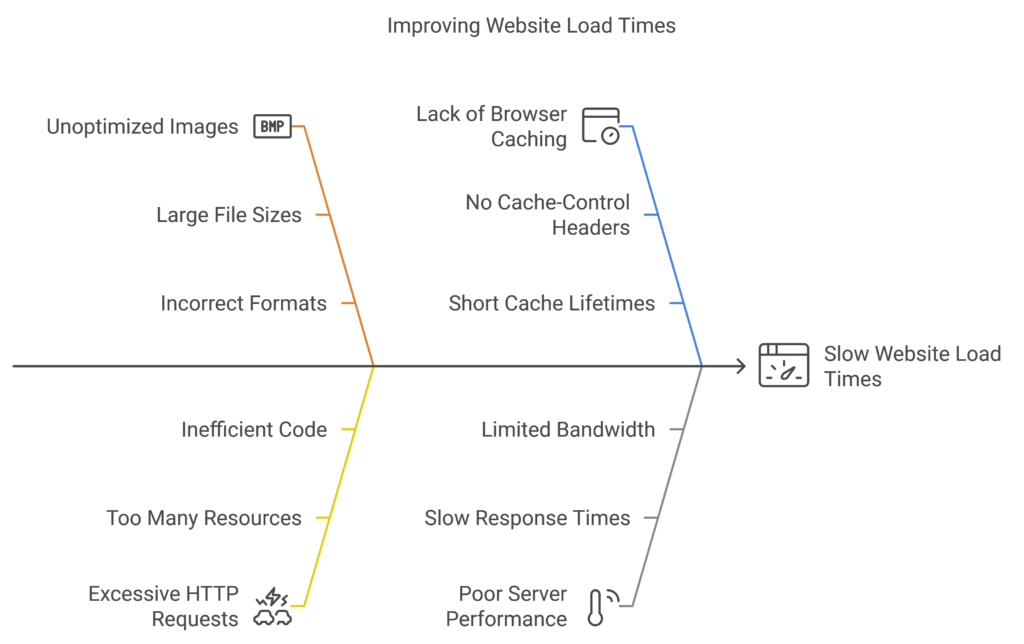
Whatever we do on a website at the end loading speed of the website matters the most. By following the above-said tips we can easily boost the speed of the website. besides following these tips we can also some plugins which monitor the performance of the website and automatically speed up the loading.

